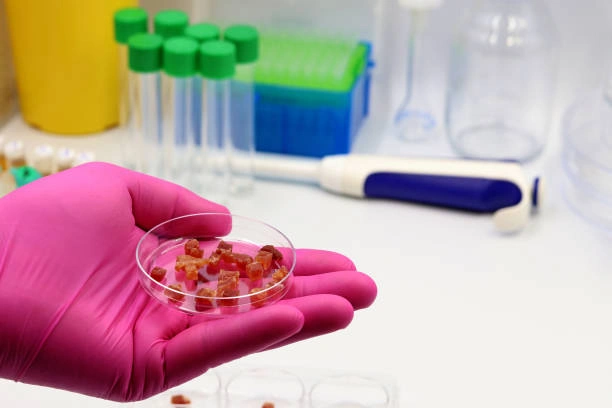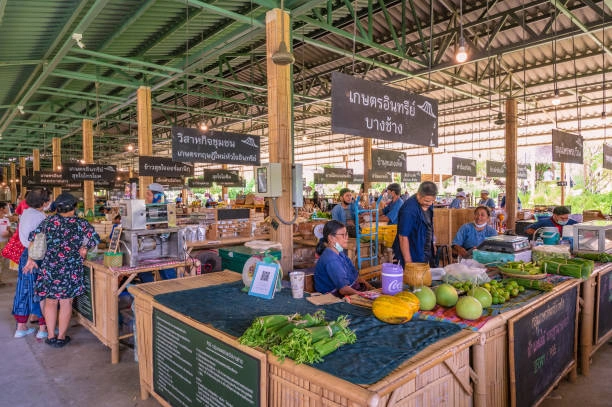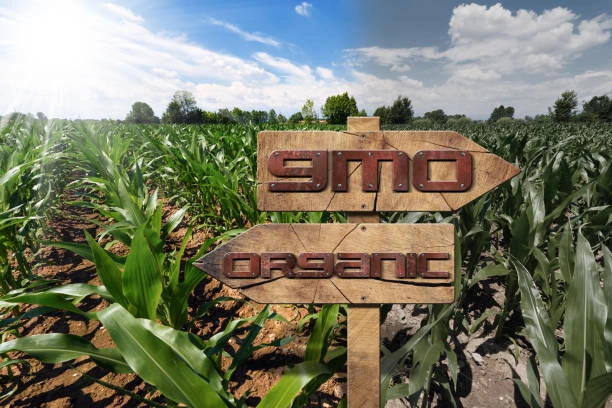Course Overview
This specialized training course explores how biotechnology can address food production challenges and opportunities in Africa. Designed for professionals in agriculture, food security, research, and policy, the course highlights cutting-edge biotech tools and practices that can enhance productivity, improve crop resilience, and support sustainable agricultural development. With a strong focus on regional case studies and implementation strategies, participants will be equipped to champion biotech innovations that transform food systems across the continent.
DURATION
5 Days
Target Audience
-
Agricultural Extension Officers
-
Biotechnologists and Agronomists
-
Food Security Experts
-
Policymakers and Government Officials
-
Researchers and Development Partners
-
NGO Representatives Working in Agriculture
Course Level: Intermediate
Learning Objectives
By the end of this course, participants will:
-
Understand core principles and tools of agricultural biotechnology
-
Analyze the role of biotech in improving food security and productivity
-
Evaluate region-specific biotech innovations for African agriculture
-
Examine the policy, regulatory, and ethical aspects of biotech adoption
-
Develop action plans to apply biotech solutions in local food systems
COURSE OUTLINE
Module 1: Introduction to Agricultural Biotechnology
-
Definition and types of agricultural biotechnology
-
Relevance of biotech in African food systems
-
Overview of genetically modified crops and their adoption in Africa
-
Case Study: Impact of drought-tolerant maize in Sub-Saharan Africa
Module 2: Biotech Tools and Innovations in Food Production
-
Genome editing, tissue culture, and marker-assisted selection
-
Biotech for pest and disease resistance
-
Enhancing nutritional content through biofortification
-
Practical Activity: Reviewing local biotech crop trials
Module 3: Biosafety, Regulation, and Policy Landscape
-
Overview of biosafety frameworks in Africa
-
International treaties and regional harmonization efforts
-
National case studies on GMO approvals
-
Group Discussion: Regulatory challenges and opportunities
Module 4: Public Perception, Ethics, and Communication
-
Addressing public concerns and misinformation
-
Ethics of biotechnology in food and agriculture
-
Strategies for stakeholder and community engagement
-
Simulation: Designing a biotech public awareness campaign
Module 5: Implementation Strategies for African Contexts
-
Aligning biotech projects with food security strategies
-
Role of partnerships and funding in biotech deployment
-
Roadmap development for local/national biotech integration
-
Final Project: Drafting a biotech-based solution for a food production challenge
Customized Training
This training can be tailored to your institution needs and delivered at a location of your choice upon request.
Requirements
Participants need to be proficient in English.
Training Fee
The fee covers tuition, training materials, refreshments, lunch, and study visits. Participants are responsible for their own travel, visa, insurance, and personal expenses.
Certification
A certificate from Ideal Workplace Solutions is awarded upon successful completion.
Accommodation
Accommodation can be arranged upon request. Contact via email for reservations.
Payment
Payment should be made before the training starts, with proof of payment sent to outreach@idealworkplacesolutions.org.
For further inquiries, please contact us on details below:






